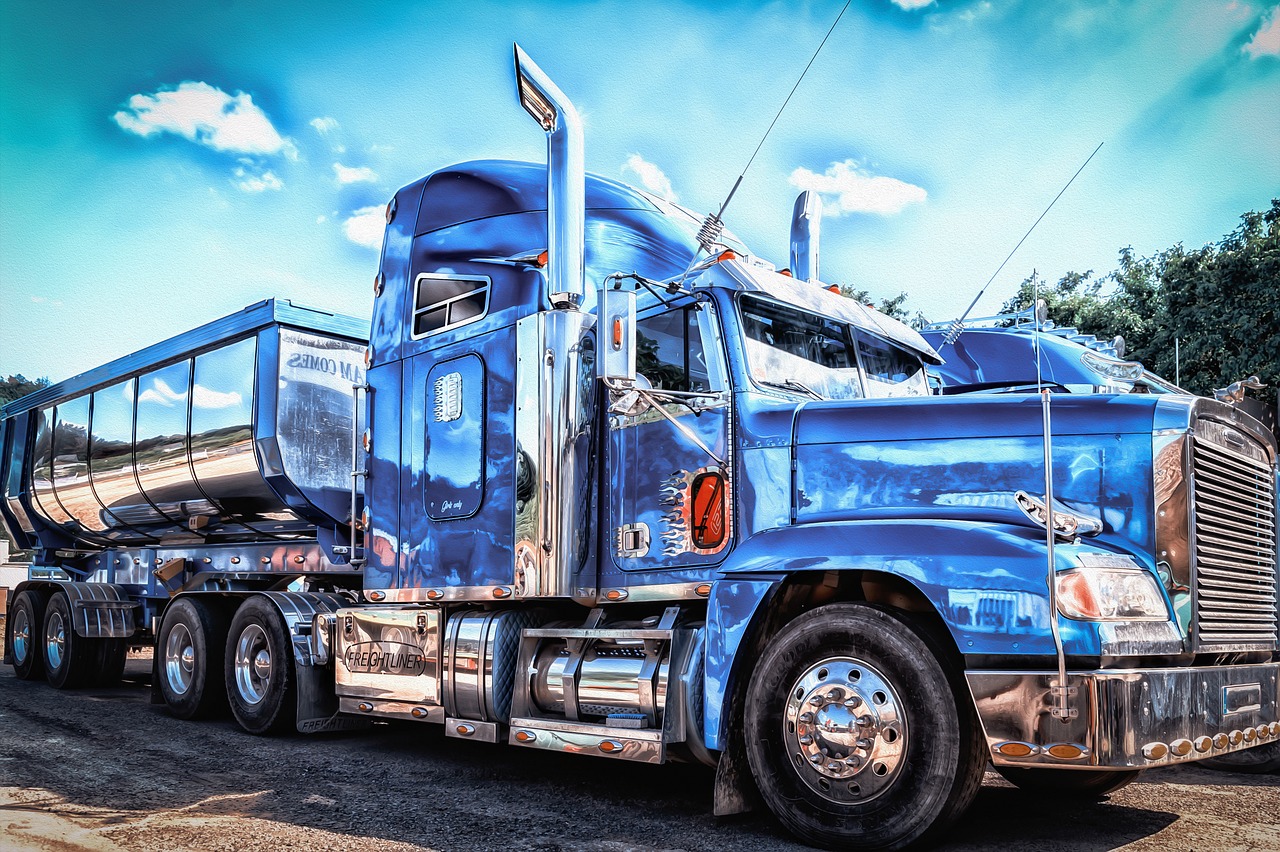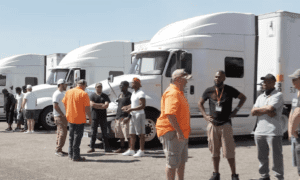Atlanta’s bustling highways, including major arteries like I-285, I-75, and I-20, have become hotspots for commercial truck accidents, leading to significant concerns for motorists’ safety. In 2023 alone, the Atlanta metropolitan area reported approximately 85 truck accidents, with 60 resulting in injuries and 10 proving fatal. These figures highlight the severe impact of such collisions, especially given the substantial size and weight of commercial trucks compared to passenger vehicles.
The primary causes of these accidents often include driver fatigue, speeding, inadequate vehicle maintenance, and improper cargo loading. For instance, the case of Johnson v. Southern Freight Lines underscored the devastating consequences of neglected vehicle upkeep, where faulty brakes led to a catastrophic accident and a settlement of millions. Such incidents emphasize the crucial need for holding negligent truck drivers accountable to enhance road safety and prevent future tragedies
What Is Truck Driver Negligence?
Truck drivers can engage in many different types of negligence, such as distracted driving, speeding, and driving under the influence. Operating a large vehicle means that mistakes can lead to tragedy. This knowledge of danger and lack of protection due to negligence must be recognized as a threat to road safety. Knowing the most common negligent behaviors makes it much easier to identify and prevent them from occurring again.
Framework for Accountability in Law
There are many ways in the legal system to hold truck drivers accountable. Performance, safety, and weight standards are significant factors. Truck operation laws and regulations help maintain safety standards. Detailed regulations govern various aspects of truck performance, safety, and weight, all designed to ensure the safety of the communities you live and work in. Legal action is being taken against the violators of these laws. A legal system exists to support you in your quest for justice. Civil lawsuits can be filed against a negligent party where the victim receives compensation for their medical bills and other damages.
What To Do After an Accident
Being involved in a car wreck with an 18-wheeler is a scary experience. Understanding what steps to take can make a big difference in any legal pursuit. Evidence collection at the scene is important. The case is built around photographs, witness statements, and a police report. Getting medical attention right away protects you and documents your injuries caused by the accident.
Significance of Accident Claims
Insurance has a huge impact on what happens after a trucking accident. You must file a claim as soon as possible. This knowledge is essential because insurance companies may try to low-ball the payouts. Legal services can help negotiate a fair settlement for you in the process. When filed correctly, these claims help ensure victims get the support they need to heal.
The Role of Technology
Currently, technology is a critical ally in avoiding truck driver negligence. More sophisticated solutions offer live data to track the driver on the road. Fleet management systems allow you to track speed, know how long employees are resting, and spot fatigue. Such tools help keep our roads safer by catching problems before accidents occur.
Policy Changes
Policy advocacy is a means to improve trucking safety standards. Measures to improve driver training, enforcement, and the introduction of technology innovation will be essential. Public awareness campaigns can instill safer driving practices. Working together can create a safer driving environment for all road users.
Support for Victims and Their Families
Supporting trucking accident victims and their families is essential outside of taking legal action. Emotional and financial support can benefit their rehabilitation process. Local resources such as support groups and counseling services can help immensely. Shifting the focus to trucking accident ramifications reveals why a holistic support structure is essential.
How To Promote a Culture Of Safety
In other words, the trucking industry needs to develop a safety culture. This change can happen by encouraging them to drive responsibly while talking to them about their safety. A safer environment is achieved by companies that invest in driver education and training. As organizations pursue a long-term sustainability strategy, promoting safety as an organizational value ties in with the broader societal goals of reducing road accidents.
To Sum Up
Forcing truck drivers who put the public at risk to be accountable and responsible requires effort and many tools. These elements include knowledge about negligence, retaining lawyers, and using technology. Thereby making highways safer for victims. The trucking industry plays an outsized role in the economy. B developing enforcement mechanisms that help prioritize accountability while also making the culture around trucking safer, we can ensure a bright future for all accident victims, both within the industry and outside it.































